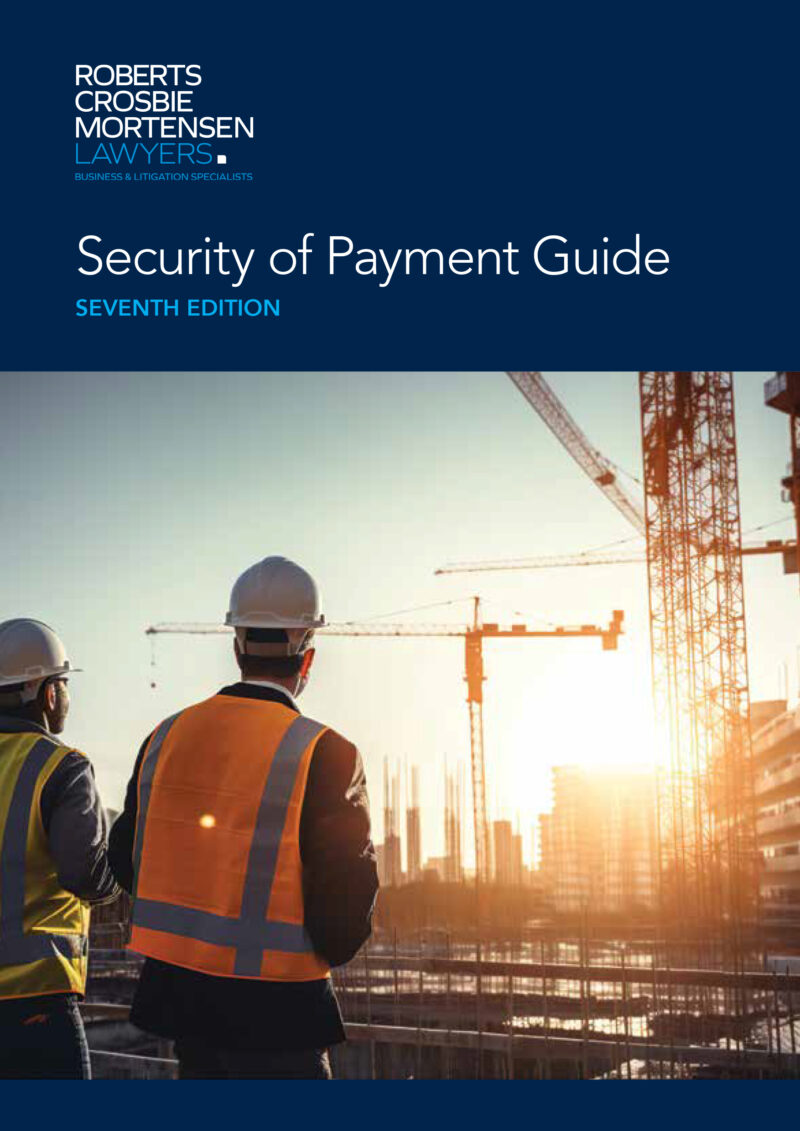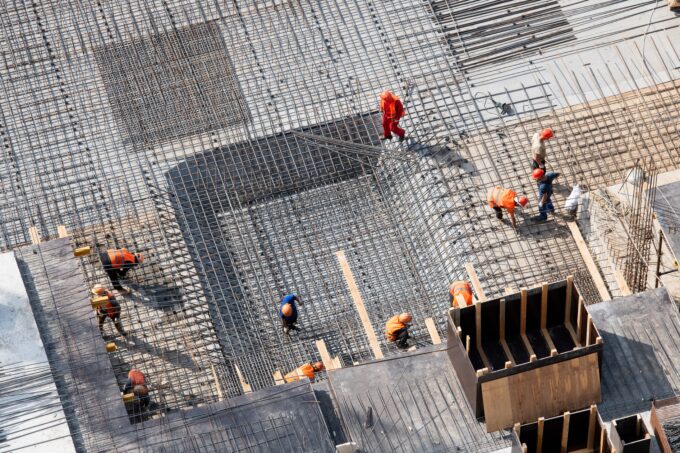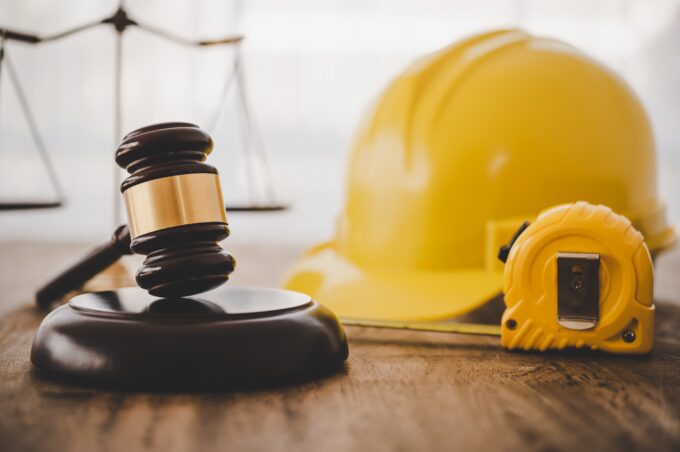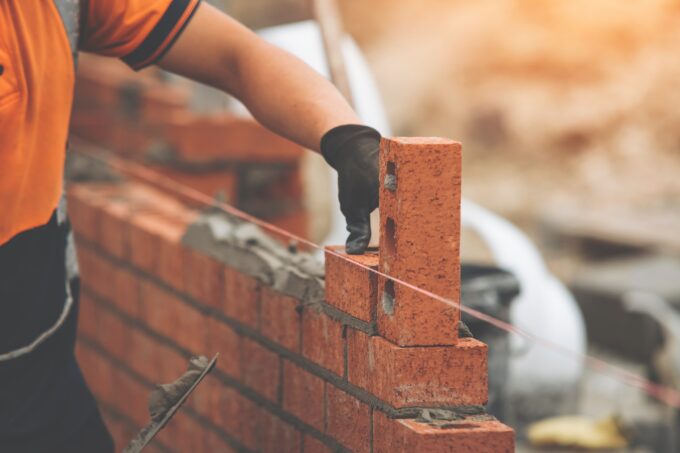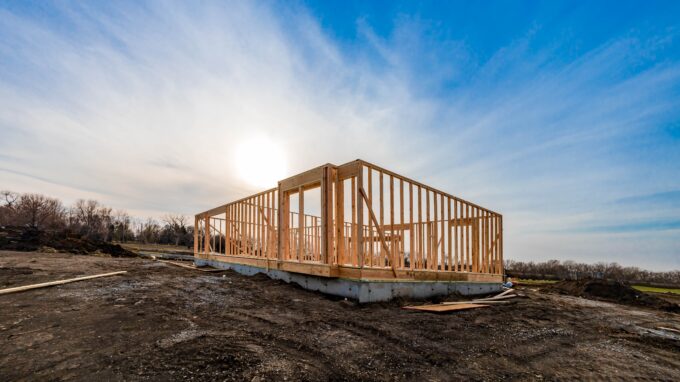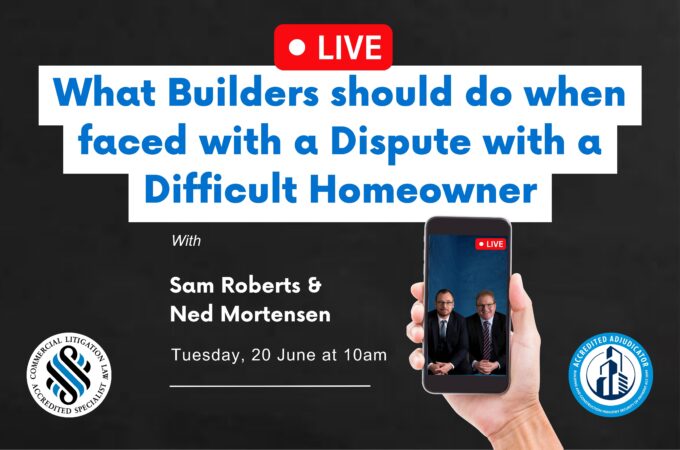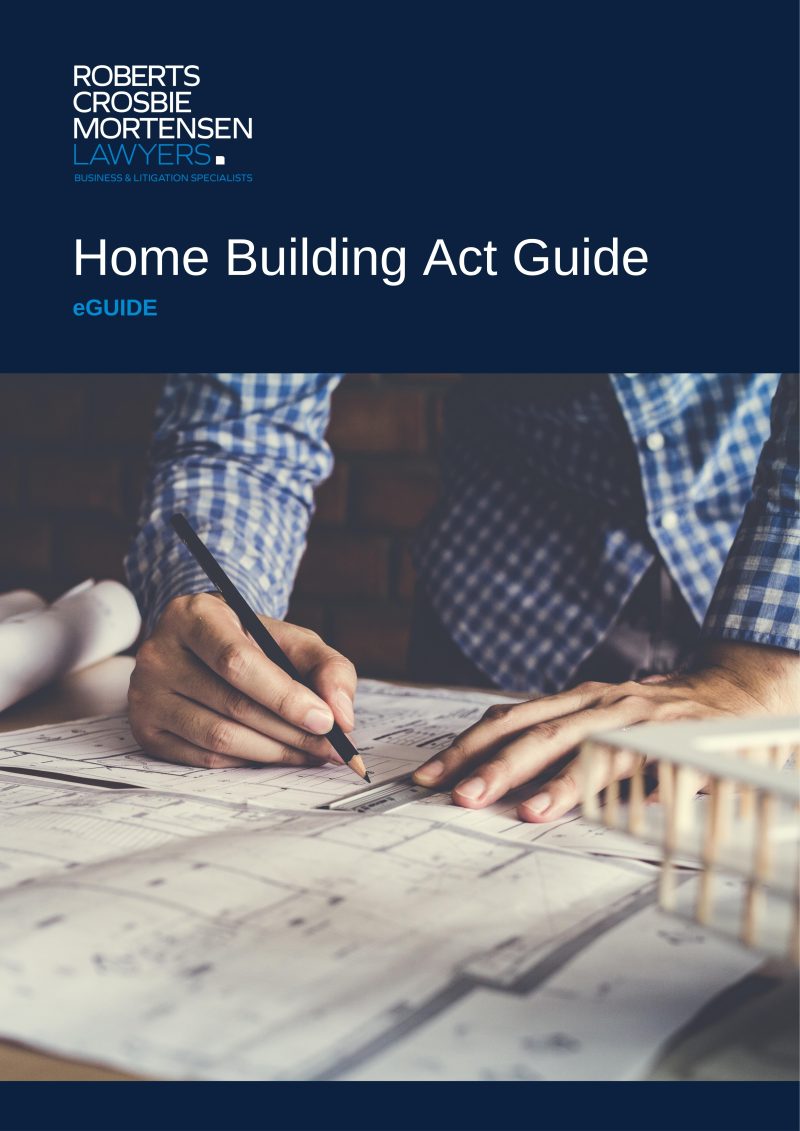Do I need a Lawyer to defend me in NCAT Proceedings?
Generally in building disputes less than $30,000 in value, NCAT encourages parties to represent themselves due to its goal of providing a low-cost, informal, and accessible avenue for dispute resolution. However, there are several factors to consider:
Amount in Dispute
If the value of the dispute exceeds $30,000, it will be open to a builder to be legally represented. However, it’s important to note that legal representation is not automatically allowed in NCAT. If a party wants to be represented by a lawyer, they usually need to seek permission from the Tribunal, unless they fall within certain exceptions.
The Tribunal will consider factors including the complexity of the matter, the relative capacities of the parties to represent themselves, and whether the right to be represented would be in the interests of justice when all of the circumstances of the individual application are considered.
Complexity of the Case
If the dispute involves complex legal issues, substantial sums of money, or complicated facts, having an experienced building and construction lawyer can be beneficial. They can assist in understanding the legalities, preparing your case, presenting evidence, and arguing on your behalf.
Good construction lawyers will have a thorough understanding of the law and can guide you on how best to present your case, respond to the claims made against you, and interpret any legal jargon used during the proceedings. Additionally, experienced building and construction lawyers will be very familiar with the practice and procedures of the Tribunal, and can anticipate and formulate the right types of arguments that are likely to be persuasive to the Tribunal. This experience can be invaluable, particularly if the other party also has legal representation.
While it’s not always necessary to have a lawyer to defend NCAT proceedings, it can be beneficial depending on the circumstances. Always consider the complexity of the case, the potential financial impact, and your comfort level with representing yourself when making this decision.
Even if you decide not to have a lawyer represent you at the hearing, you might still find it helpful to seek some legal advice beforehand to understand your position and the potential arguments and evidence you should submit.





